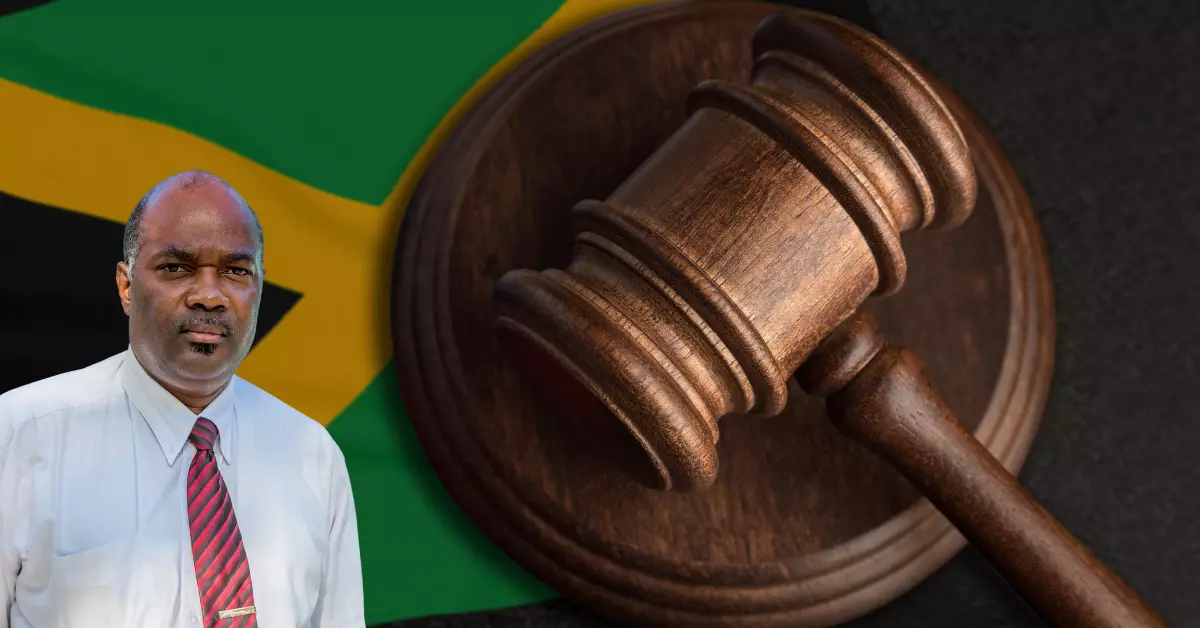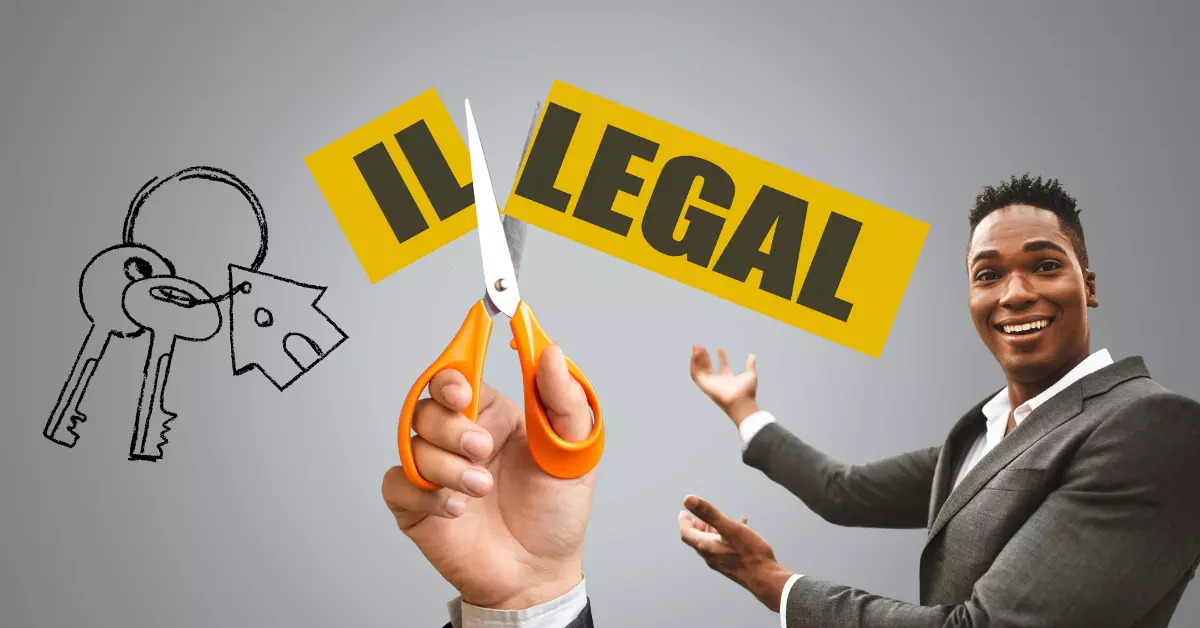

In Jamaica, tenants have rights such as peaceful enjoyment of their property. Additionally, tenants have the right to privacy, which includes the right to deny the landlord access to the property without prior notice or permission. Jamaican law requires landlords to provide tenants with a written lease agreement that outlines the terms and conditions under which the property is being rented. It is important for tenants to understand their rights and responsibilities in order to avoid any potential conflicts with their landlord.
The jamaican tenancy act is responsible for regulating landlord and tenant relations. This act stipulates certain rights and obligations for both landlords and tenants, which must be adhered to. Understanding this act is crucial for tenants to protect their basic rights as a renter.
Tenants have the right to enjoy their rented property without any interference from the landlord. This implies that the landlord cannot disturb the tenant in any way during their tenancy. The peace and quiet of the tenant must be respected by the landlord under all circumstances.
A landlord cannot enter a rented property without the tenant’s permission, except in an emergency situation. Landlords must provide reasonable notice, usually written, of their intention to enter the property. This notice must clearly state the date, time and purpose of the visit.

The rented property must be habitable and safe for tenants to live in. The landlord must ensure that the property meets certain standards. It includes basic amenities such as electricity, clean water, and sanitation facilities. The landlord is responsible for maintaining the property’s safety and repair needs.
The landlord must provide tenants with a receipt for rent payments made. This receipt must indicate the date, amount, and period of rent paid. It is important for tenants to keep these receipts, as it serves as a record of payment in case of disputes. In addition, landlords must also maintain an accurate account of all rent payments made to them.
Landlords cannot prevent tenants from using utilities such as water, electricity, and gas. Tenants must, however, use these amenities in a reasonable manner. The landlord is responsible for providing these services to the tenant, and the tenant must pay for the services consumed. Tenants have basic rights under the Jamaican tenancy act, which must be upheld by the landlord. It is essential for tenants to understand their rights so that they can protect themselves in case of any violations.
Read About: What Does Your Tenant Mean? - Rental Awareness
As a tenant in Jamaica, you have certain rights outlined in the Jamaican tenancy act. In addition to the basic rights, there are additional tenant rights that you should be aware of. These include the right to request repairs and maintenance, and the right to receive interest on security deposits. It also includes the right to redress in the case of illegal eviction, the right to appeal if an unfair decision is made, and the right to bring a claim against a landlord who violates any tenant’s rights.
When you rent a property in Jamaica, it is common for landlords to require a security deposit. This deposit is intended to protect the landlord in the event that the tenant damages the property or fails to pay rent.
Under the Jamaican tenancy act, landlords are required to hold your security deposit in a separate account and pay you the interest earned on it at regular intervals.
If your landlord tries to evict you without following the proper legal procedures, you have the right to seek redress in court.
This includes illegal lockouts, shutting off utilities, or other similar actions that attempt to force you out of your rental property.
If you believe that the court system has made an unfair decision regarding a dispute with your landlord, you have the right to appeal the decision.
This can be done by filing an appeal within the specified time frame and following the proper legal procedures.
If your landlord violates any of your tenant rights, you have the right to take legal action against them and seek damages. This can include anything from failure to maintain the property to illegal evictions.
As a tenant in Jamaica, it is important to understand your rights under the Jamaican tenancy act.
Knowing your rights can help you protect yourself and ensure that your landlord is treating you fairly.

Although tenants have rights, they may face some difficulties when trying to invoke them. Some of the common difficulties that tenants face in Jamaica include:
Tenants who are not aware of their rights may find it difficult to defend themselves against unscrupulous landlords.
Some tenants may be afraid to report illegal practices by their landlords because of the fear of retaliation or eviction.
Read About: Can Landlord Turn off Utilities? Safeguarding Tenants' RightsTenants who cannot afford to hire an attorney may have difficulty securing their rights in court.
Some tenants may feel discouraged by the slow and cumbersome legal system, which may take months or even years to resolve disputes.
In Jamaica, tenants who have issues with their landlords are advised to seek legal representation from a qualified lawyer. A lawyer can help you to:
You can engage the services of a lawyer by following these steps:
Tenants in Jamaica have rights that they are entitled to. However, some landlords engage in illegal practices that may infringe on these rights.
If you are a tenant in Jamaica and you face any challenges with your landlord, it is important to understand your rights and seek legal representation from a qualified lawyer.
As a tenant in Jamaica, you have the right to a safe and habitable dwelling, privacy, and peaceful possession of the rental property.
No, a landlord must give reasonable notice before entering the rental unit and can only do so in specific circumstances, such as responding to an emergency.
If a landlord violates a tenant’s rights, the tenant can take legal action and seek remedies such as compensation and terminating the rental agreement.
Yes, a landlord can only increase rent once per year and must provide written notice at least 60 days in advance. Rent increases cannot exceed the maximum percentage set by the rent assessment board.
It’s empowering to know your tenant rights in Jamaica. You’re protected from unlawful eviction and you have the right to live in a safe, habitable environment.
Understanding these laws can give you peace of mind and help you confidently navigate any rental disputes that may arise.